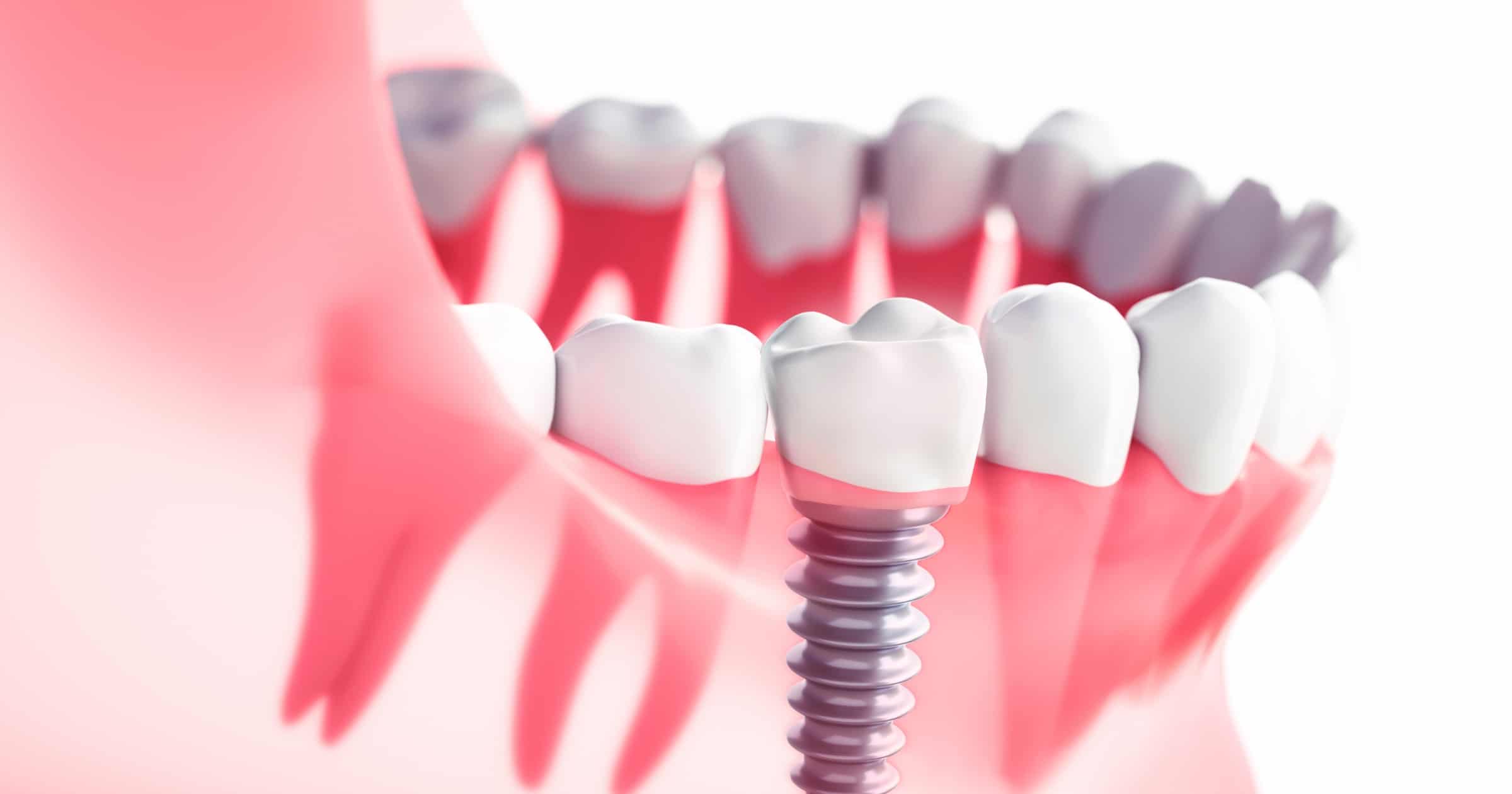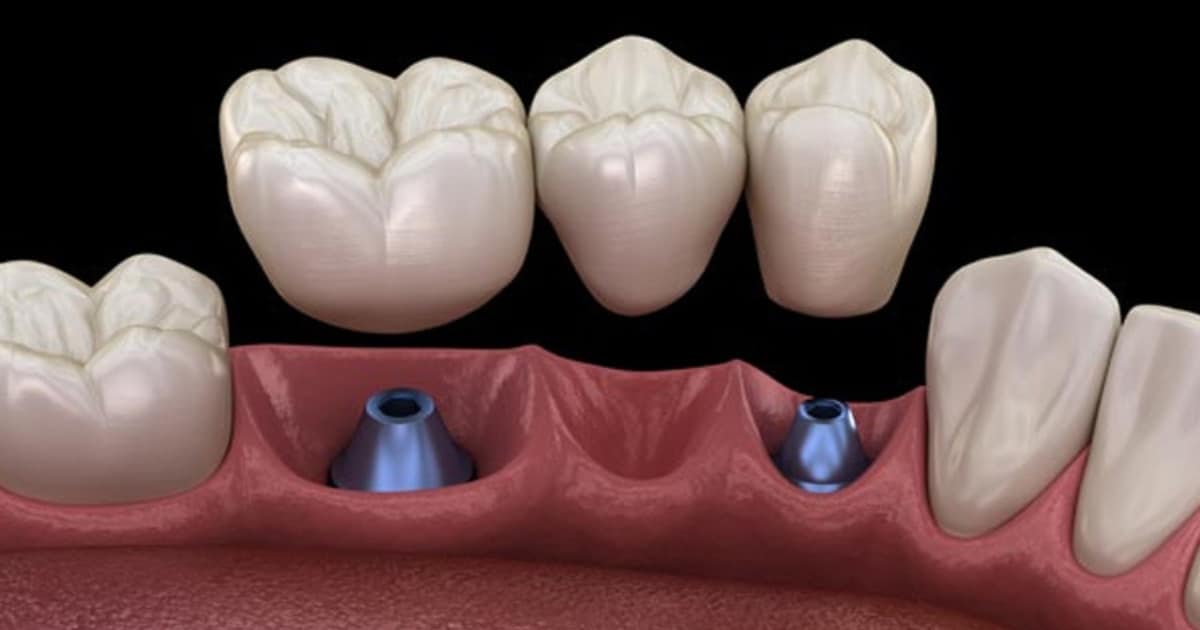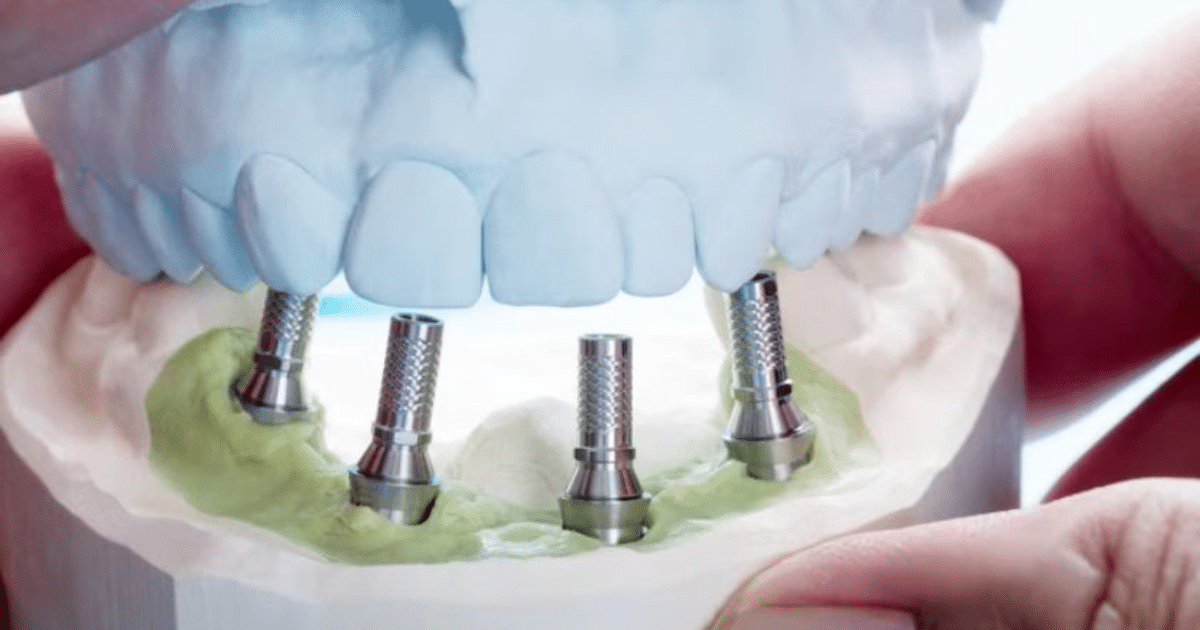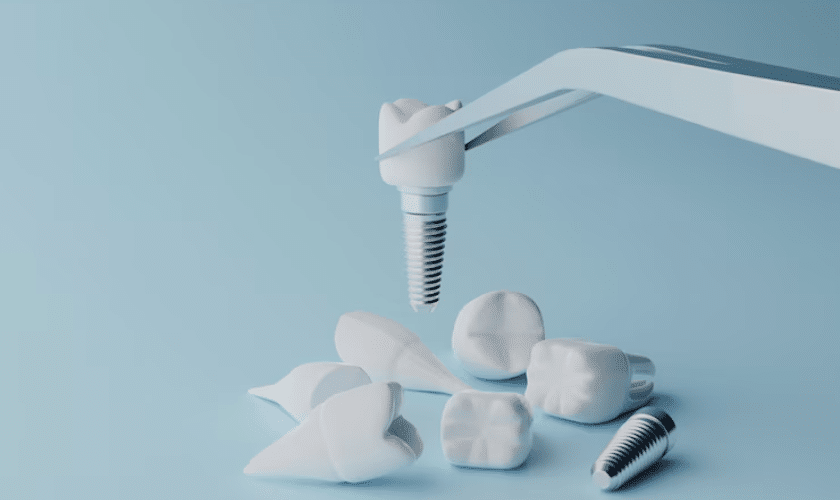
Showing off your new smile with dental implants? This procedure can noticeably improve the function of your teeth and improve your aesthetics. However, you must maintain good oral hygiene to protect the gums around your implant. Otherwise, you might suffer from serious oral infections. It can lead to more complications later on.
Read this blog to learn about how to avoid these infections and the treatment options for them.
What Are The Causes of Dental Implant Infections?
Here are the factors that can contribute to an infection around your operated site:
Poor Hygiene
Have you been neglecting your oral hygiene? Plaque and tartar might accumulate on your teeth without regualr brushing and flossing. Anti-bacterial mouthwashes can keep your operations clean and healthy.
Previous Gum Diseases
If you already have a history of gum disease, then you are at a higher risk of suffering from this implant-related infection. The tissues around your prosthetic teeth might swell up and can lead to bone loss as well as implant failure without treatment.
Smoking
Still haven’t given up on smoking? Tobacco can reduce blood flow in your gums, making it hard for your body to fight infections. This might increase bacterial growth in your mouth and increase the chances of your dental implants in Pasadena failing.
Health Conditions
Certain medical conditions, like diabetes, might compromise your body’s ability to heal after undergoing this dental procedure. High blood sugar and lack of good oral hygiene can increase the chances of peri-implantis and slow down your recovery.
What Are The Signs of A Dental Implant Infection?
Watching out for these signs can help you identify if your surgery site is infected or not:
- You might notice some redness and swelling around your operated area because of infectious bacteria.
- This condition usually brings along a lot of pain, and that refuses to subside even after weeks.
- Any visible pus or discharge around the surgery sign is a clear sign of oral infection.
- The waste produced by the bacteria might create an unpleasant odor or taste in your mouth.
- A stable implant should never move. Any mobility might indicate bone loss or infections.
- Your oral bacteria can spread to other parts of your body and cause high fever and discomfort.
Seek immediate medical attention if you are experiencing even any one of these symptoms.
What Are The Treatment Options For Infected Dental Implants?
The treatment options for infected dental implants will depend on the severity of your condition. A dentist will assess your condition and choose one of the following methods:
- Prescription antibiotics and mouthwashes might be able to control the bacterial growth in your mouth to prevent the worsening of your condition.
- The dental professional might use different tools to remove plaque and bacteria accumulated around your surgical site and below the gum line.
- Laser treatment can eliminate the bacteria while reducing the extent of damage to your healthy tissues.
- In severe cases, the dentist might perform surgeries like bone grafting or implant removal to restore your oral health.
With proper care and oral hygiene, this dental procedure actually boasts really high success. According to studies, they have a success rate exceeding 97% over 10 years.
These permanent prosthetic teeth can provide you with many benefits with only a little bit of care. Understand the causes, symptoms, and treatment options of this particualr infection to prevent serious complications. See a dentist if you suspect an infection. Keep your smile protected and intact.
Are you ready to protect your mouth? Seek consultation today!


